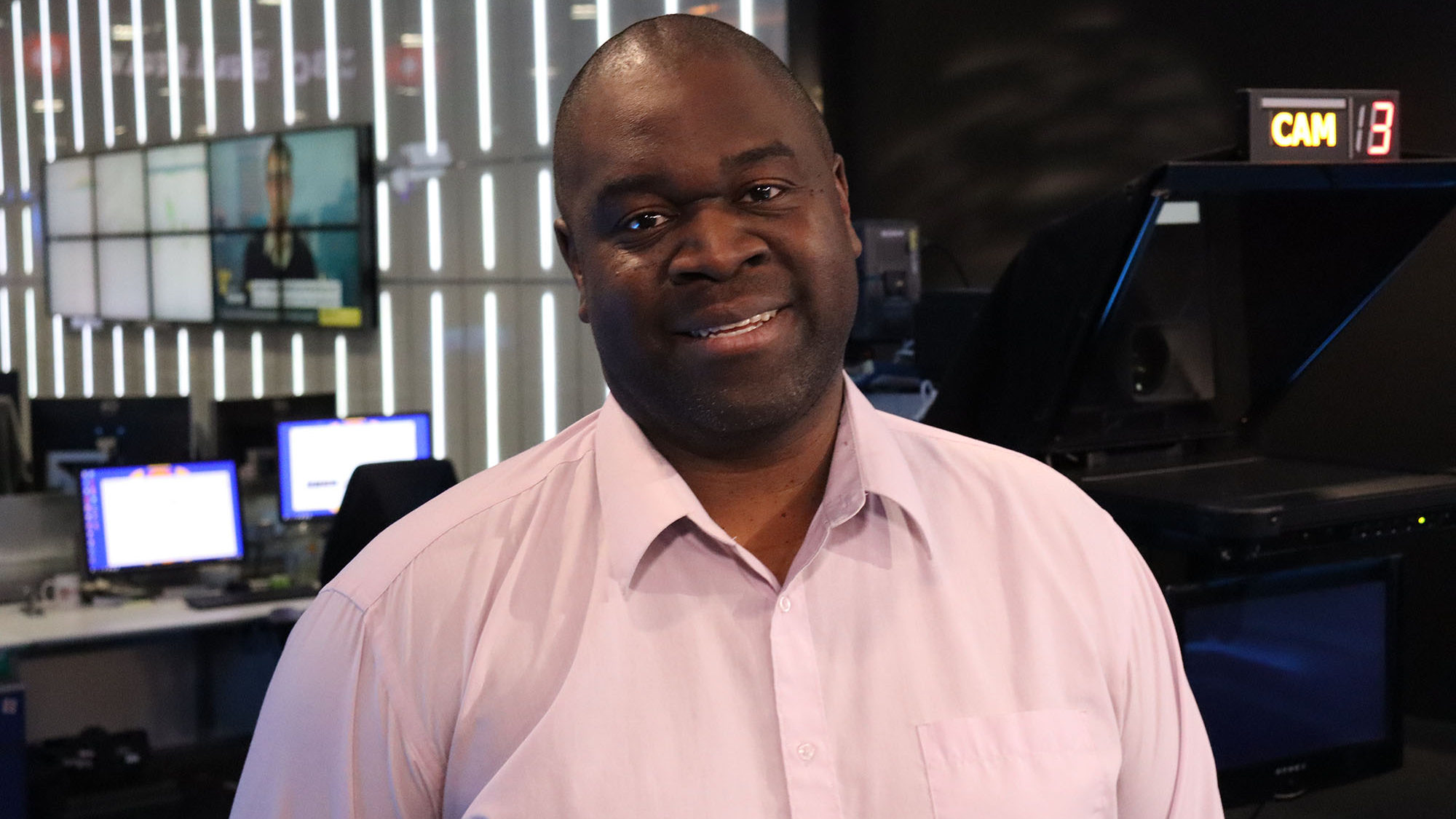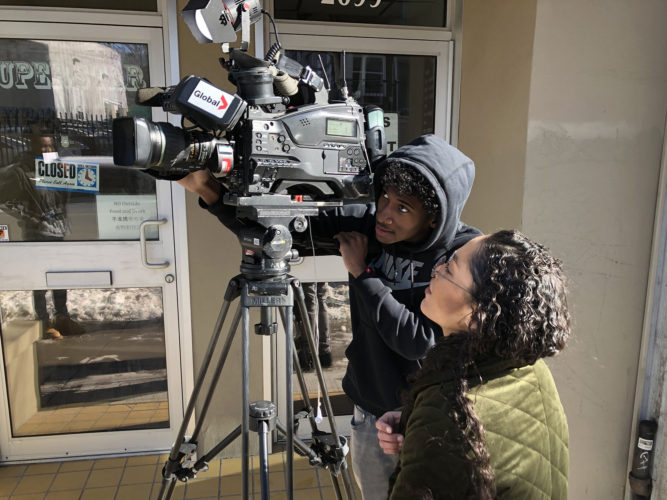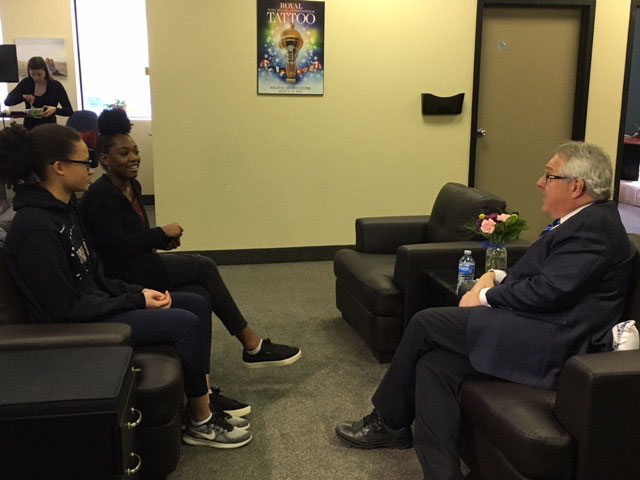Professional journalists host seminar for African Nova Scotian students
Halifax will host Canada's first J-School Noire program in February at NSCC Ivany campus

caption
Brian Daly is the Atlantic director of the Canadian Association of Black Journalists.A new program could make the road to journalism more accessible for African Nova Scotian students.
The Canadian Association of Black Journalists (CABJ) is hosting the inaugural seminar for J-School Noire on Feb. 25. The one-day media training session for black junior high and high school students will take place in the media lab at the NSCC Ivany campus in Dartmouth.
“J-School Noire is about giving a voice to black youth and giving them the skills necessary to tell their stories right now,” Brian Daly, the CABJ Atlantic director, said in an interview. “Not in 10 years or when they’re in their 20s, but right now.”
Following the application process, 10 students will be chosen to take part. After completing the seminar, the 10 students will be offered a spot in a mentoring program. The CABJ will still provide those who aren’t chosen with other opportunities. Related stories

caption
Videojournalist Whitney Oickle teaching camera techniques at Global News Halifax.Daly and former Global News journalist Whitney Oickle will run the seminar. They will cover all aspects of journalism, including ethics, telling their own stories and how to tell stories of the community through the use of video, audio or print.
“We want to get them in touch with people and networks to get their content out there,” said Daly. “What we need to do in the media right now is have the black voice heard.”
Halifax will be the first Canadian city to host J-School Noire. Daly said following the J-School Noire seminar in Halifax, the CABJ is looking to expand to Toronto, Ottawa, Vancouver and Montreal.
Daly said once the free program becomes national, it will be a chance for the black community to gain journalistic skills in high school. That will be an advantage because they’ll already have a portfolio when it comes to applying for post-secondary education.
Two years ago, the CABJ, originally founded in 1996, relaunched with a focus more on education and inspiration. Daly said the connection between the media and the black community is missing right now, and it’s something the CABJ wants to fix.
“We want people with passion, we have definitely seen that in the applications so far,” Daly said. “We want people to be hungry to be heard and hungry to produce content.”
He added that CABJ worked with different newsrooms in Halifax last February. They supplied African Nova Scotian students with daylong newsroom tours.

caption
Students from Citadel High School meeting Steve Murphy, lead anchor at CTV Atlantic.Improving the diversity of voices
Traditionally, newsrooms were predominantly composed of white males. The last official survey on Canada’s newsroom diversity was by John Miller, a Canadian journalist, in 2004. He found that “minorities are more than six times under-represented” in newsrooms across the country.
Daly said J-School Noire will play a frontline role in bridging the gap between black Canadians and the media, potentially leading to more diversity in journalism, both in the newsroom and the coverage.
J-School Noire is partnered with the University of King’s College, NSCC and Global Halifax. Rhonda Brown, news director for Global, said J-School Noire will provide a unique insight into the field of journalism.
She said it’s a huge opportunity to engage African Nova Scotian youth.
“If we can get high school kids thinking about journalism and looking into going to journalism school, it’ll help all of us in the industry to improve diversity,” Brown said. “It can also improve the diversity of voices in our stories.”
The MacPhee Centre for Creative Learning, which aims to empower youth between the ages 12 and 19 through the arts, is encouraging young African Nova Scotians to apply.
“As a woman of colour, I think it’s important for youth to tell their stories and frame their narratives,” said Emma Beukema, the centre’s interim executive director, in an email to The Signal.
“I wish something like that was available when I was younger.”
Karen Hudson, principal of Auburn Drive High School in Cole Harbour, believes J-School Noire is a good initiative that will help develop the skills of African Nova Scotian children who may not have had prior interest in the industry.
Hudson said J-School Noire will open more avenues for African Nova Scotians, adding that most don’t pursue journalism because they don’t see it as a career.
“When I went to speak with some students in the school they said, ‘No Ms. Hudson, I’m not doing that,’” she said. “I don’t know if it has something to do with the media in terms of how the media is looked at by the black community.”
She believes this program could also lead to careers outside of journalism, including the film industry.
“Overall, I think J-School Noire has a lot of potential,” said Hudson.
About the author
Lesli Tathum
Lesli is from the Cayman Islands. She is in her fourth year of journalism at the University of King's College and is a member of the King's Women's...
